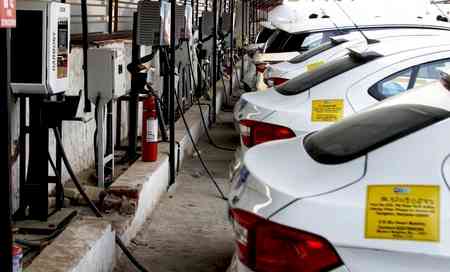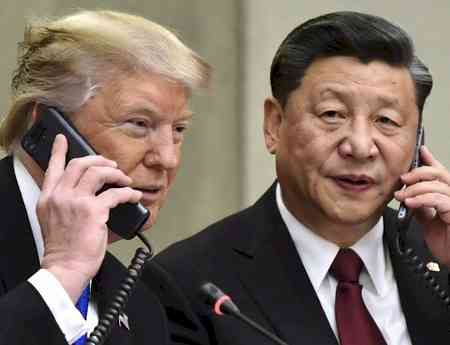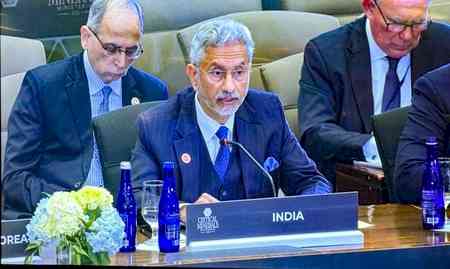China’s lithium projects in Tibet a ‘quiet erosion' of the region's autonomy: Report
China's large-scale lithium production that started in Tibet in 2025, is a "quiet erosion of Tibetan autonomy" as benefits primarily leave the region and "flow eastward" to Mainland China, a new report has stressed.

New Delhi, Nov 10 (IANS) China's large-scale lithium production that started in Tibet in 2025, is a "quiet erosion of Tibetan autonomy" as benefits primarily leave the region and "flow eastward" to Mainland China, a new report has stressed.
"The benefits flow eastward, while the costs like ecological degradation, cultural dilution, and increased surveillance are borne by Tibetans," according to the report in European Times.
The major lithium mines in Gerze County and Golmud, Qinghai Province have led to impressive infrastructural development including high-speed railways.
The high-speed rail has attracted tourists and commercial activity to previously isolated regions, it noted.
Moreover, the report maintained that this development "is a scaffold for surveillance, a lattice of control." It has raised concerns regarding ecological damage, cultural erosion, and heightened security measures around the mining sites.
"Facial recognition systems greet travellers at hotel check-ins. Police checkpoints dot the roads. The same trains that bring tourists can just as easily transport troops. The lithium mines themselves are a study in extractive colonialism," according to the report.
It characterised the increase in tourism in Tibet as "ideologically weaponised" because it reframes Tibet as a picturesque frontier of the Chinese nation, erasing its contested history and spiritual depth.
It cautioned that economic projects are transforming social and cultural life, with boutique hotels and tourist amenities redefining Tibet as a picturesque frontier.
“In Gerze County, where nomadic herders once roamed freely, Zangge Mining now operates a 115 km² lithium-boron project approved for 33 years of production... In truth, Tibet is being mined twice, once for its minerals, and again for its meaning," the report said.
It also raised a critical question for electric vehicle (EV) buyers, asking, "At what cost comes this lithium and who gets to decide the future of Tibet?”
--IANS
aar/na



 IANS
IANS 










